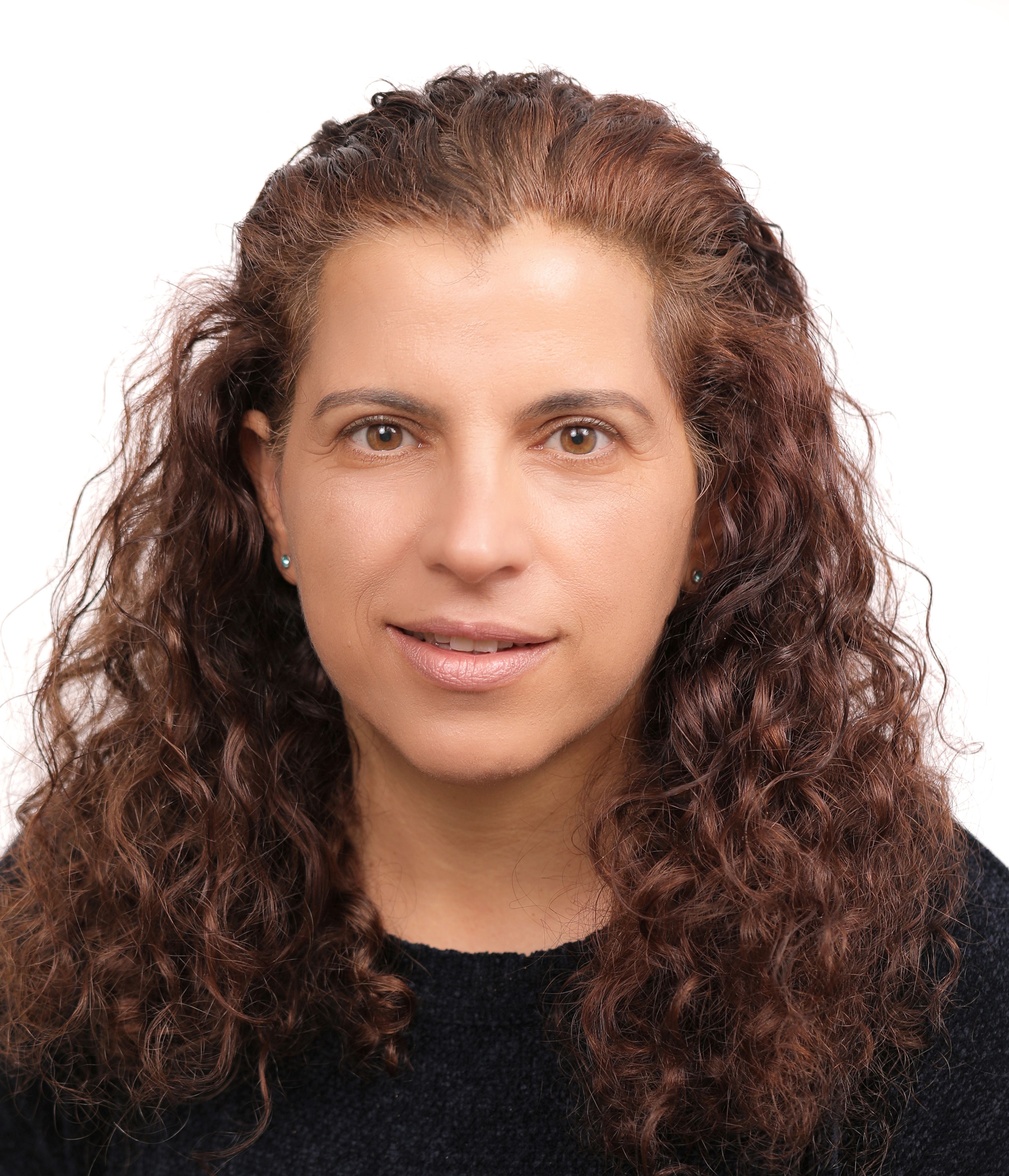
Biography
Tzipi completed her PhD in Materials Sci. and Eng. at the Technion, Israel. She then continued with postdoctoral research at UC Berkeley (Fulbright Fellowship) specialising in Li-Ion batteries and developing nanomaterials for solar cell applications using various microscopy techniques. After finishing the postdoc fellowship, she was appointed as the head of the FIB lab at the Russell Berrie Nanotechnology Institute (RBNI), Technion R&D in...view more
Tzipi completed her PhD in Materials Sci. and Eng. at the Technion, Israel. She then continued with postdoctoral research at UC Berkeley (Fulbright Fellowship) specialising in Li-Ion batteries and developing nanomaterials for solar cell applications using various microscopy techniques. After finishing the postdoc fellowship, she was appointed as the head of the FIB lab at the Russell Berrie Nanotechnology Institute (RBNI), Technion R&D in Israel. In 2016 Tzipi joined the Ingham Institute for Applied Medical Research as the new correlative microscopy facility manager.
Her experience included providing academia and industry solutions to characterization, processing and failure analysis with further techniques to exploit, train, supervise and support graduate and undergraduate students.
Tzipi also collaborated with different R&D centres such as the Micro and Nano Electronics (MNFU) clean rooms. My additional responsibilities were managing the microscopy lab as well as developing applications using the microscope, controlling its budget, reporting, goal setting, and presenting academic research worldwide.
My Research Activities
As a member of the Correlative Microscopy Group, we combine nanotechnology with advanced microscopy to study cell pathology mechanisms in renal disease, retinal disease and cancer. We are developing correlative microscopy techniques based on cryogenic fixation, newly developed fluorescent dyes and nanoparticle probes to identify key structures in cells and their surrounding matrix. Our aim is to extract maximum information from a single routine pathology specimen. We seek to identify individual effector cells with certainty, learn how they function and understand how they contribute to the disease process. Whether they are activated or senescent, signalling or communicating with neighbouring cells or if they are mobile and invasive or dying due to treatment.
My Research Supervision
Supervision keywords
Areas of supervision
Ingham Institute Correlative Microscopy Facility-Subjects
- Ageing and degeneration of the human retina
- Hypoxia and cell starvation: in-vitro modelling of surgical procedures
- Microbiome effects on colon carcinoma
- Characterisation of rare circulating tumour cells by correlative microscopy
- Netosis in blood clot thrombosis formation leading to stroke
- 3-D imaging of cancer cell ultrastructure using array tomography and serial block face imaging
- Time-lapse imaging analysis of rare cancer cell events with characterisation by correlative microscopy
- New method development in cryogenic nanoparticle-based correlative immunocytochemistry for application in cancer cell biology and small biopsy pathology
- 3-D imaging of mitochondrial changes in disease
- Exosome signalling from epithelia
- Prostate cancer angiogenesis as a predictor of poor clinical outcome